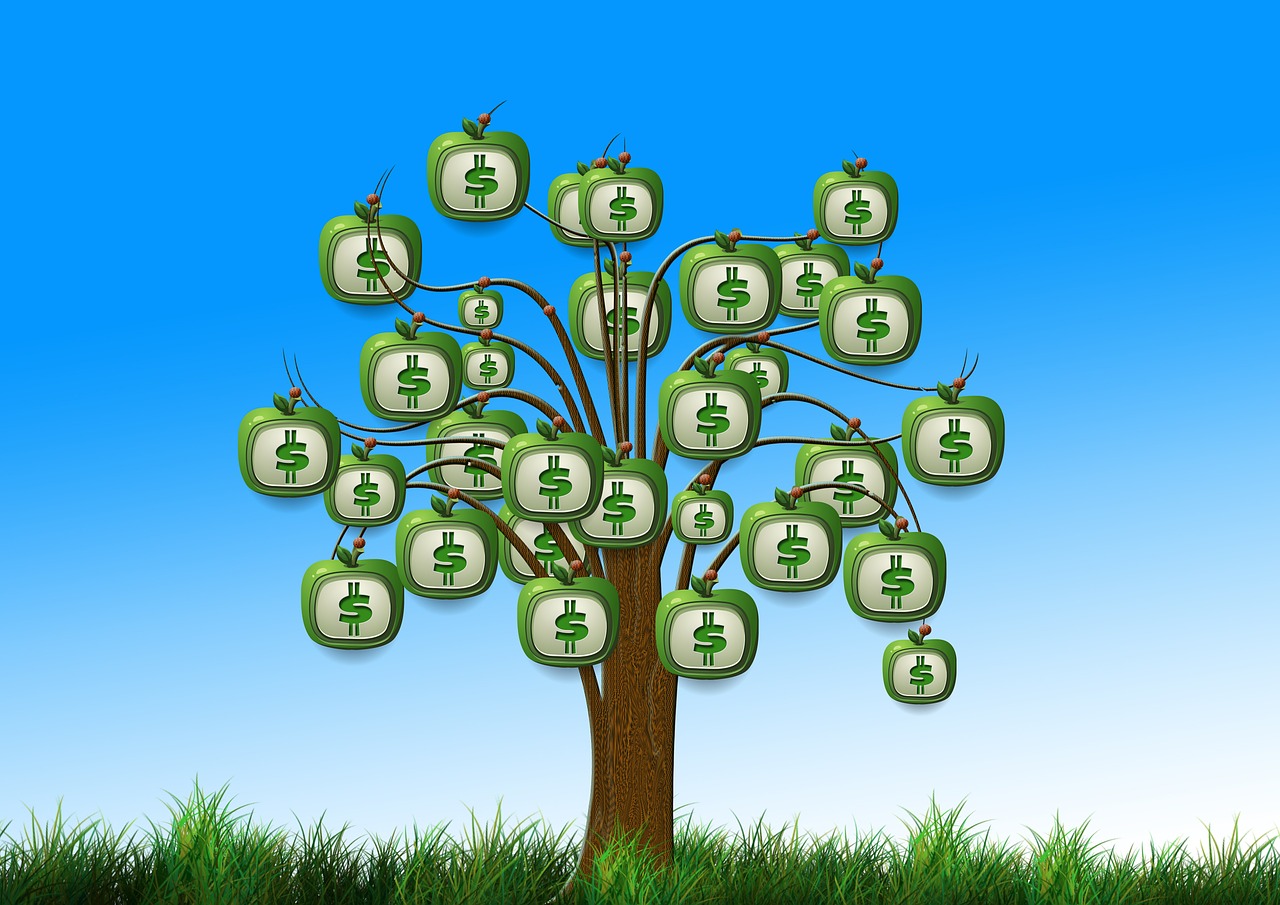
Disclaimer: The Public Economist does not necessarily agree with the views expressed. It is second in the series of seven pieces which Gary has generously agreed to share with TPE.
The fact is money power rules. When money power is broadly distributed in the hands of the citizens, not the politicians or bankers, the people shall rule. Ensuring that money power is broadly distributed should be the primary role of the Federal Reserve. The Federal Reserve Board is already empowered under Section 13 of the Federal Reserve Act to reform monetary policy to discourage non-productive uses of credit, to encourage accelerated rates of private sector growth, and to promote widespread individual access to productive credit as a fundamental right of citizenship. The Federal Reserve Board needs to re-activate its discount mechanism to encourage private sector growth linked to universal capital ownership opportunities for all Americans. The Federal Reserve, which has been largely responsible for the powerlessness of most American citizens, should set an example for all the central banks in the world. Members of the Federal Reserve need to wake-up and implement Section 13 paragraph 2, which directs the Federal Reserve to create
In summary, the Federal Reserve should begin creating an asset-backed currency that could enable every child, woman, and man to establish a Capital Homestead Account or “CHA” (a super-IRA or asset tax-shelter for citizens) at their local bank to purposely acquire a growing dividend-bearing stock portfolio to supplement their incomes from work and all other sources of income. The CHAs would process annually an equal allocation of productive credit to every citizen exclusively for purchasing full-dividend payout shares in qualified companies needing funds for growing the economy through viable self-liquidating capital formation projects and private sector jobs for local, national and global markets. The shares would be purchased using interest-free capital credit wholly backed by projected “future savings” (earnings) in the form of new productive capital assets as well as the future marketable goods, products and services produced by the added technology, renewable and “green” energy systems, manufactories, rentable space for entrepreneurial endeavor and infrastructure, both repaired and new, added to the economy. Risk of default on each stock acquisition loan would be covered by private sector capital credit risk insurance and reinsurance, but would not require citizens to reduce their funds for consumption (savings) to purchase shares, nor would there be any other requirement other than being a citizen.
As for all future development and
Gary is Founder, Director at For Economic Justice. He is Editor-in-Chief at Widescreen Review. He Studied Binary Economics at UC Berkeley, Planning and Economic Development at the University of Stockholm, Economic & Political Development at Royal Institute of Technology, Stockholm and Urban Planning at the University of Cincinnati, DAAP.